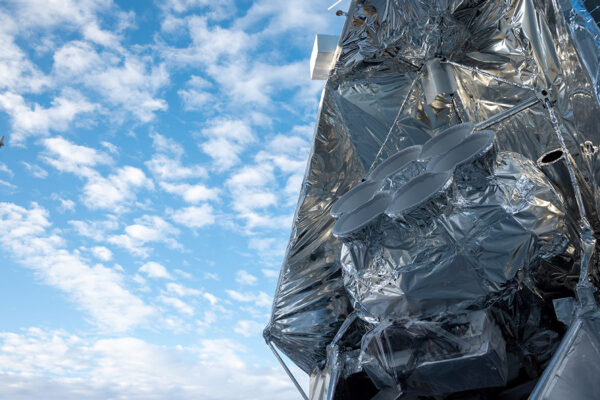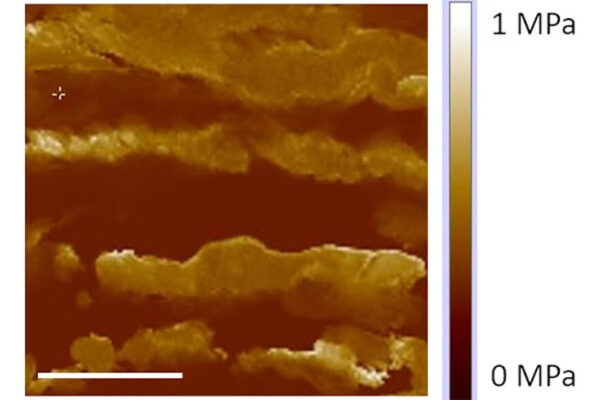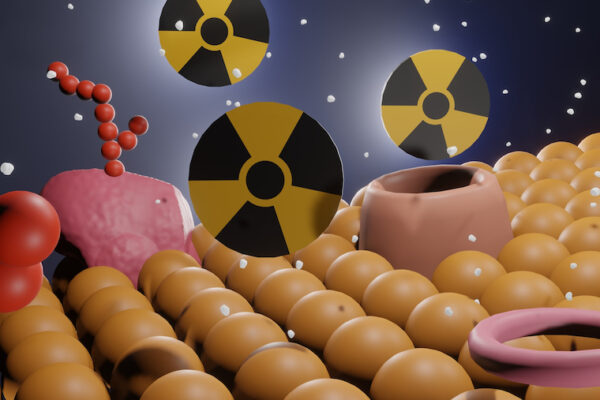SPIDER launches from Antarctica
A team of scientists including physicist Johanna Nagy at Washington University in St. Louis successfully launched a balloon-borne experiment studying the early universe on Dec. 21. The instrument, called SPIDER, was carried aloft by a scientific balloon from its launch pad in Antarctica.
Doctoral student wins Quad Fellowship
Ganesh Chelluboyina, a doctoral student at the McKelvey School of Engineering, received a 2023 Quad Fellowship. Chelluboyina studies light-absorbing aerosols, particularly organic aerosols that result from wildfires.
Mechanical causes behind congenital heart defect under new focus
Jessica Wagenseil, at the McKelvey School of Engineering, plans to take a closer look at the mechanics on smooth muscle cells in the aortic wall with a four-year $1.6 million grant from the National Institutes of Health (NIH). Results may help to identify new drug strategies.
Gill named ACM Distinguished Member
Christopher Gill, a professor at the McKelvey School of Engineering, has been named a Distinguished Member of the Association for Computing Machinery for his contributions to the field.
Chen elected IEEE Fellow
Yixin Chen, a professor of computer science and engineering at the McKelvey School of Engineering, has been named an IEEE Fellow in the Class of 2023.
Precision insights can be found in wastewater
Fangqiong Ling at the McKelvey School of Engineering and Likai Chen in Arts & Sciences developed a machine learning model that uses the assortment of microbes found in wastewater to tease out how many individual people they represent. Their study was published in PLOS Computational Biology.
Imaging technique may measure absorbed dose from radiation therapy
Abhinav Jha, at the McKelvey School of Engineering, wants to use novel imaging to better understand how people absorb radiation therapy. His team won a four-year $2.2 million National Institutes of Health (NIH) grant for the study, which aims to guide treatment decisions.
Course on ‘bioinformatics of proteins’ receives funding
Washington University is now a part of the Seattle Structural Genomics Center for Infectious Diseases Consortium, and received a subcontract award of up to $50,000 from Seattle Children’s Research Institute in support of a course on protein bioinformatics.
Vierstra receives $1.3 million grant
Richard D. Vierstra, the George and Charmaine Mallinckrodt Professor of Biology, received a four-year $1.3 million grant from the National Institutes of Health (NIH) to continue his project titled “Phytochromes: Structural Perspectives on Photoactivation and Signaling.”
Donald Snyder, senior professor in engineering , 87
Donald Snyder, a senior professor of electrical and systems engineering at the McKelvey School of Engineering, died Nov. 21 of complications of gastrointestinal cancer. He was 87. A memorial service is planned for April.
Older Stories









